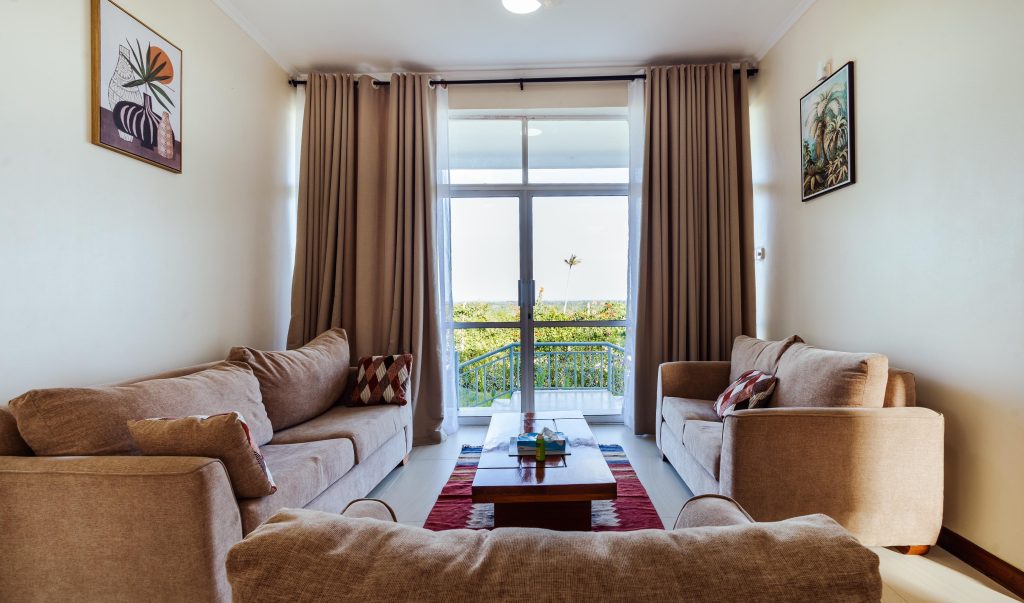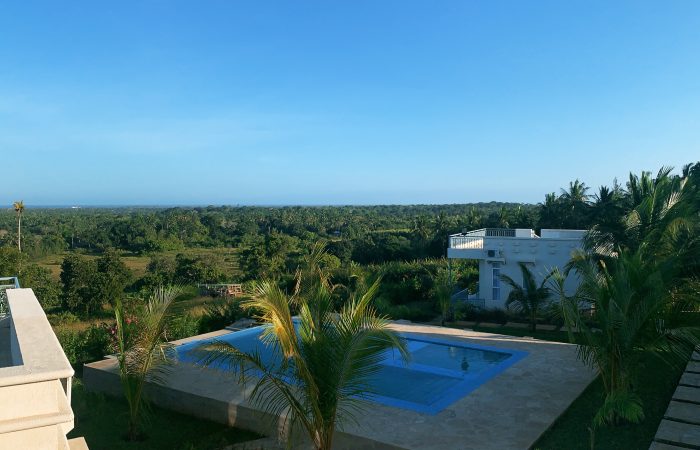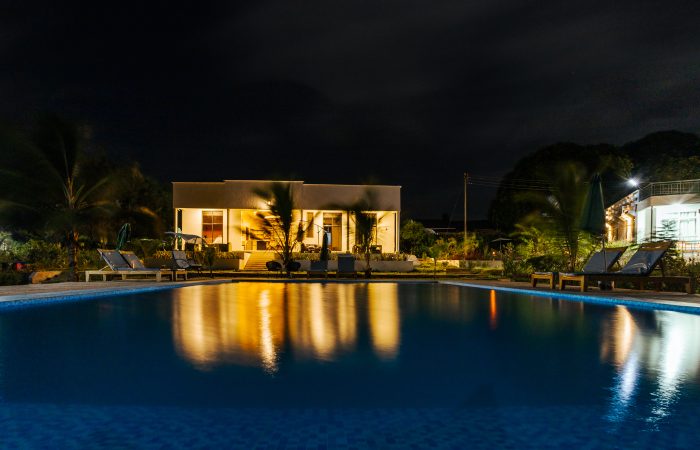She had lived in seven countries.
Worn badges. Flown flags. Spoken three languages fluently, two more adequately.
She could broker peace over coffee, interpret body language in negotiation rooms, and navigate checkpoints like breathwork.
Her name was Hannah, 43, daughter of a Kenyan mother and French father, raised in Senegal, married in Geneva, stationed most recently in Jordan, and now—relocated to Nairobi for a “quiet post.”
Her colleagues called her a bridge. A light.
Her teenage daughter, Amara, called her absent.
Her partner, Yusuf, didn’t call much anymore.
THE FATIGUE OF PURPOSE
Hannah wasn’t burnt out—not visibly.
She could still deliver policy briefs and lead trauma resilience workshops for displaced youth.
She still smiled at airport staff. Still hosted dinner with perfectly plated vegan biryani.
But inside?
A soft hollowness had grown.
A fatigue not from work—but from performing meaning while her own life stood still.
Family dinners turned into forwarded schedules.
Her daughter’s Swahili deepened. Hannah’s grew stale.
She’d taught people how to belong everywhere.
And yet, belonged nowhere.
THE RELUCTANT ESCAPE
Tulia was Yusuf’s idea.
“Three nights. Just us. No laptops. No plans. Maybe we’ll talk. Maybe we won’t.”
Hannah agreed because she had nothing left to protest.
They drove in silence.
Amara wore headphones the entire way.
The road grew rough, wild. The air grew full of birds.
And then—Tulia Eco Garden.
They checked in with their names only. No titles. No country codes.
THE GARDEN OF UNSPOKEN THINGS
The first morning, Hannah woke up disoriented by quiet.
No alarms. No filtered light. No obligations.
Just dew on the leaves. And the rustle of her daughter’s laughter down in the orchard.
She didn’t follow right away.
She watched from the window as Yusuf taught Amara how to balance a coconut on her head.
And something in her—something long dormant—cracked.
Not from pain.
From permission.
That afternoon, she walked alone through the garden.
A gardener greeted her in Kiswahili.
She responded slowly, awkwardly.
He smiled.
“Pole pole. Hapa hakuna haraka.”
Slowly. Here, there is no rush.
THE CONVERSATION
They sat together that evening under the neem tree.
Not to talk. Just to sit.
And Amara, unprompted, said:
“I like you better here mom.”
Yusuf chuckled. “Same.”
And Hannah—who always had something diplomatic to say—said nothing.
She simply nodded.
THE REDEFINITION OF HOME
On the final day, Tulia offered them the Time Capsule option.
A letter to their future selves.
Hannah wrote one.
Not to herself.
To her family.
It read:
“This is the first time I’ve felt like a mother, not a mission.
The first time I’ve felt like a wife, not a witness.
If we forget, remind me: We built a home under a neem tree. Not behind borders.”
They buried it together.
Three hands. One memory.
THE RETURN
She didn’t quit her work.
Didn’t dismantle her calling.
But she returned differently.
With fewer suitcases.
With Swahili practice apps.
With boundaries around family dinner.
With softness around her edges.
And in her daughter’s next school essay, titled “Where I’m From,” Amara wrote:
“I’m from everywhere.
But if you ask where I became whole—
I’ll say, Tulia.”








